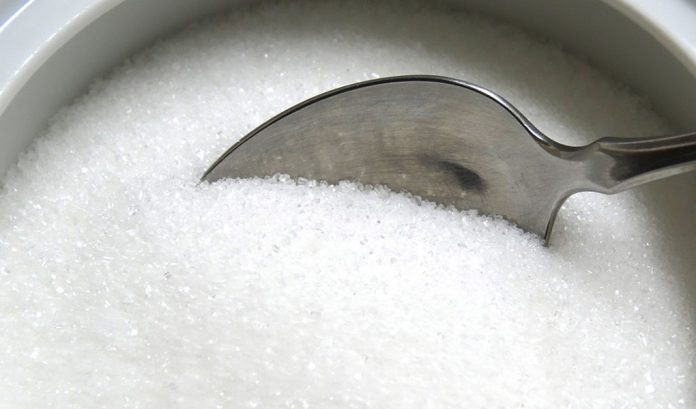
[HEALTH ALERT] Popular Food Item Linked To CANCER
Refined sugar is one of the most addictive ingredients that we use to add flavor to our daily food and thus, it is impossible to avoid. With its sweet taste, it definitely brings joy to our taste buds; but, is its components also are joyful to our overall health?
What’s with Sugar?
These past few years, there are numerous amount of research which revealed that sugar, the most common ingredient in our food, is quite harmful to our body! Moreover, sugar is found to be highly addictive, and it is largely to blame for obesity and diabetes. There are also studies which show that cancer cells feed off sugar. Some people who are addicted to will go through withdrawal symptoms and will experience difficulty in controlling their emotions. People who are addicted to sugar will never realize they are already addicted. With how it had been part of our coffees in the morning, it’s very hard to avoid consuming it; most especially when we fail to notice that the food we consume has it.
Why can’t we get enough of high fructose corn syrup?
Dr. Leri is an Associate Professor of Neuroscience and Applied Cognitive Science at the University of Guelph, Ontario, Canada. He undoubtedly thinks that high fructose corn syrup is addictive that’s why we can’t get enough of it. According to his study, rats’ behavioral reactions on high fructose corn syrup is similar to addictive drugs!
According to Dr. Leri, “Addiction to unhealthy foods could help explain the global obesity epidemic. We have evidence in laboratory animals of a shared vulnerability to develop preferences for sweet foods and for cocaine.”
Sugar is just as addictive as cigarette. Former head of the Food and Drug Administration, David Kessler said, that sugar is highly pleasurable, it gives you this momentary bliss. When you’re eating food that is highly hedonic, it sorts of takes over your brain.
Issue with Cancer Research
Sugar, relating to cancer, was under the myths and controversies section at cancer.ca website. The website revealed that sugar consumption has no ties to cancer development but may lead to obesity, which consequently, leads to cancer. It is a major case of how most of the mainstream cancer researchers don’t seem to pay attention to preventive measures. So far, the details they have provided should lead consumers to limit their sugar intakes. Even though there are legitimate studies that validate the connection of sugar and cancer, this website seems to condemn the claims made. Scientists were able to prove that cancer cells directly feed off excess sugar. Otto Warburg, a Nobel prize-winning scientist, demonstrated that all cancer cells share the same feature of being the mainly anaerobic and cannot revert to normal aerobic functioning.
An environment that is rich in oxygen is a requirement to our body. Warburg successfully showed that cancer cells thrive in an environment depleted of oxygen. He also proved that instead of using oxygen, cancer cells use a method of cell respiration called glycolysis, which is the fermentation of glucose or a form of sugar. Without glucose to meet the body’s energy needs, cancer cells die.
The end of sugar confusion
Many people are left confused when it comes to sugar because it appears naturally in fruits and vegetables. Today, the problem with sugar is that, it is always added to our foods and it is highly processed and totally taken away from its natural form. White sugars today don’t even come from sugar canes, it’s from genetically-modified sugar beets which have been produced by pesticides. High fructose corn syrup is addictive on most processed foods. Its ingredients are being produced using genetically modified corn and appears to be highly addictive and toxic to our bodies. Fruits has natural sugars that enable our body system properly digest and utilize food nutrients, through fibers. In the absence of fruits, you can use alternative sweeteners such as unpasteurized honey, pure maple syrup, and coconut sugar.
Copyright 2025, DoctorFarrah.com








